The Financial Reporting Council (FRC) of Nigeria has underscored the essential role of ethical leadership among professional accountants as the foundation of national trust, economic stability, and sustainable development. This message was delivered by the Executive Secretary/CEO, Dr. Rabiu Olowo – ably represented by Mr. Titus E. Osawe, Coordinating Director, Directorates of Corporate Governance and Inspections & Monitoring—during the second plenary session of the 55th Annual Accountants’ Conference of the Institute of Chartered Accountants of Nigeria (ICAN), held in Abuja.
The session, themed “Ethical Leadership: Strengthening Professional Accountants for Economic Transformation,” formed a key part of the conference’s broader focus on “Building Resilience – Aligning Reforms for Nigeria’s Development.” Dr. Olowo’s address challenged accountants to see themselves not just as compliance officers, but as custodians of truth, stewards of public trust, and sentinels of corporate accountability who must lead with both competence and conscience.
“Ethical leadership is not just about compliance; it is about doing what is right even when no one is watching,” Dr. Olowo emphasized. “In the accounting profession, ethics is not optional; it is the soul of trust and the lifeblood of economic credibility.”
He warned that the absence of ethics in financial systems can have disastrous consequences—turning financial statements into fiction, eroding investor confidence, and undermining the legitimacy of public institutions. Drawing from global and local scandals, Dr. Olowo highlighted how ethical lapses can destroy institutions, scare away investment, and threaten the very fabric of economic progress.
FRC’s Commitment to Ethical Standards and National Development
Dr. Olowo outlined how the FRC is institutionalizing ethics in Nigeria’s financial and corporate ecosystem through a multi-pronged approach:
- Issuance of Standards and Codes: Implementing frameworks like the Nigerian Code of Corporate Governance (NCCG 2018), Audit Regulations (2020), and International Financial Reporting Standards (IFRS) to embed transparency and accountability.
- Registration and Oversight: Licensing only those professionals and firms who meet strict ethical and professional standards.
- Investigations and Disciplinary Processes: Acting swiftly against professional misconduct to sustain public trust.
- Whistleblower Framework: Encouraging the reporting of unethical conduct to reinforce transparency and deter malpractice.
- Adoption of Sustainability Reporting Standards: Promoting ESG transparency and combating greenwashing through the International Sustainability Standards Board (ISSB) guidelines.
- Public Sector Reforms: Collaborating with the Office of the Accountant-General and implementing International Public Sector Accounting Standards to improve fiscal transparency.
- Capacity Building and Advocacy: Conducting ongoing training, advocacy, and stakeholder engagement to nurture ethically grounded professionals.
Ethics at the Heart of Economic Transformation
Dr. Olowo stressed that reliable, ethical financial reporting reduces information asymmetry, enhances investor confidence, and enables efficient capital allocation. In the public sector, it strengthens fiscal transparency and public trust, ensuring prudent management of national resources.
He also addressed the emerging ethical challenges in the digital era, including artificial intelligence, data misuse, crypto assets, and ESG misreporting. “Algorithms cannot replace ethics,” Dr. Olowo cautioned, urging accountants to ensure technology serves integrity above convenience.
Looking Ahead: FRC’s Strategic Priorities
The FRC’s ongoing and future initiatives include:
- Introducing Codes of Corporate Governance for the Public and Not-for-Profit Sectors
- Embedding ethics into evolving corporate reporting frameworks
- Enhancing real-time regulatory enforcement through digital platforms
- Expanding collaboration with global and regional regulators to strengthen cross-border ethical compliance
Dr. Olowo concluded by reminding accountants of their pivotal role in shaping Nigeria’s future:
“Ethical leadership is not a constraint on profit; it is the foundation of sustainable growth. Resilience without ethics is hollow. For Nigeria to unlock its full potential, our economic reforms must be anchored on moral reforms. We must build not only wealth but trust, and lead not only with skill, but with character.”
As the 55th ICAN Annual Accountants’ Conference brought together leaders, policymakers, and regulators, the FRC’s message was clear: the path to national development, economic transformation, and restored public trust is paved with ethical leadership—today and always.
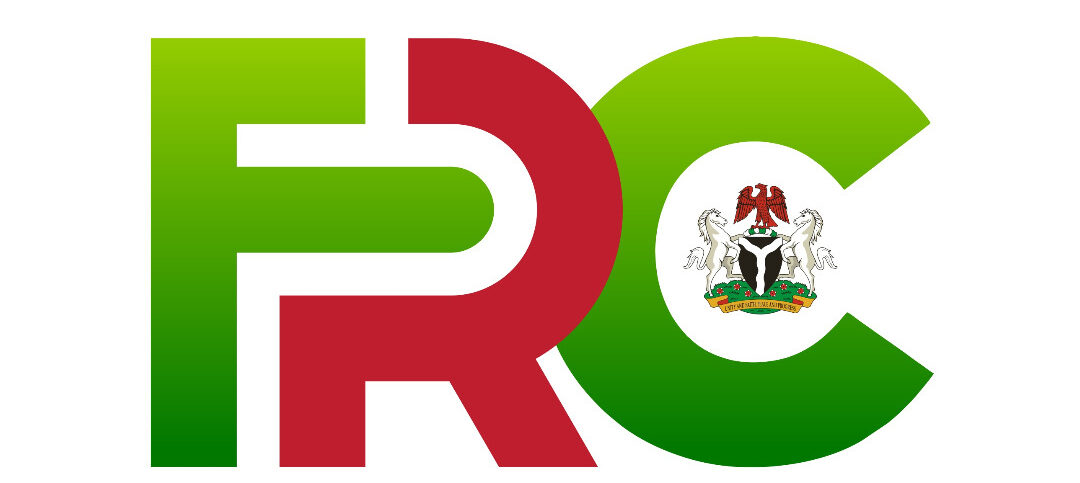


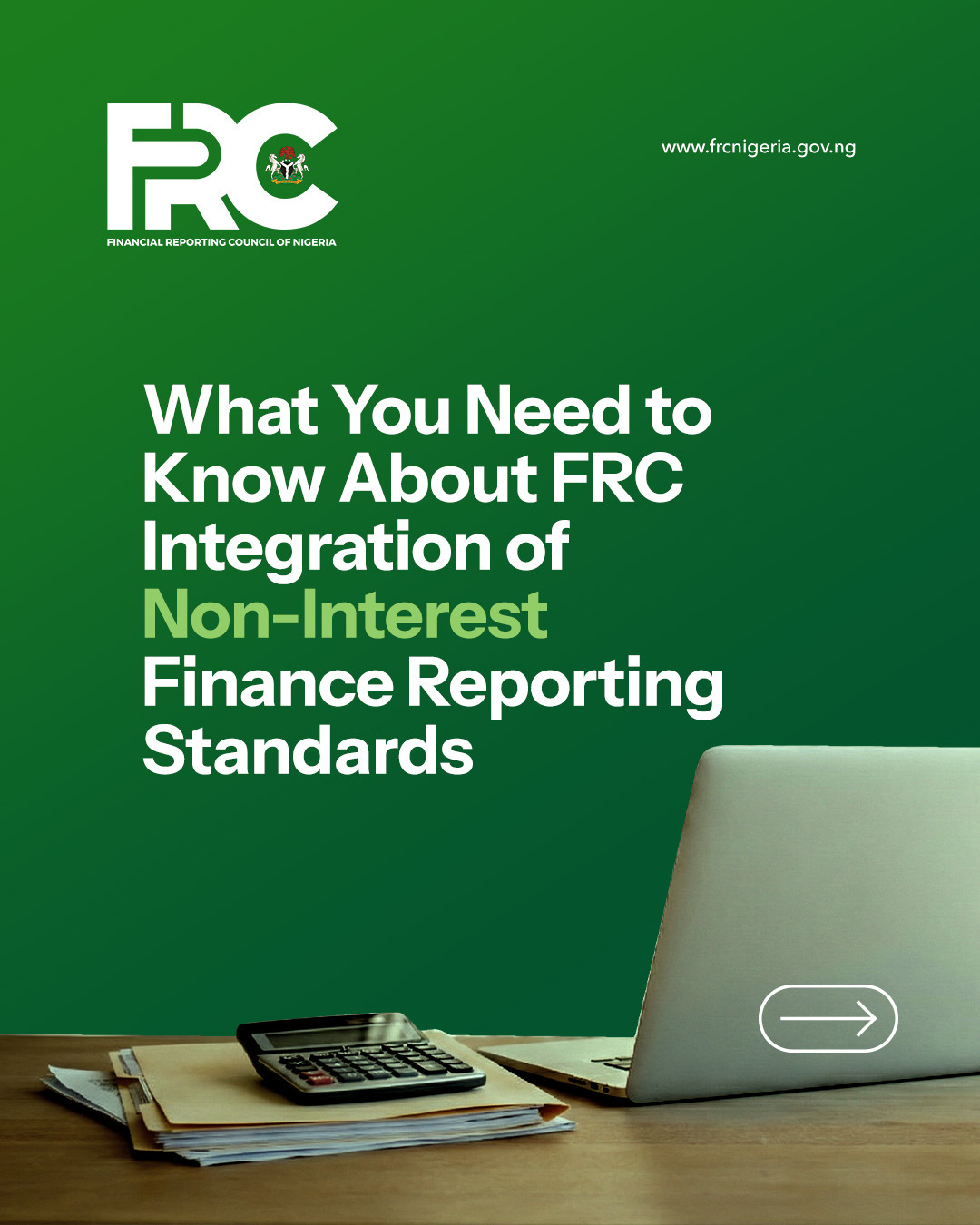
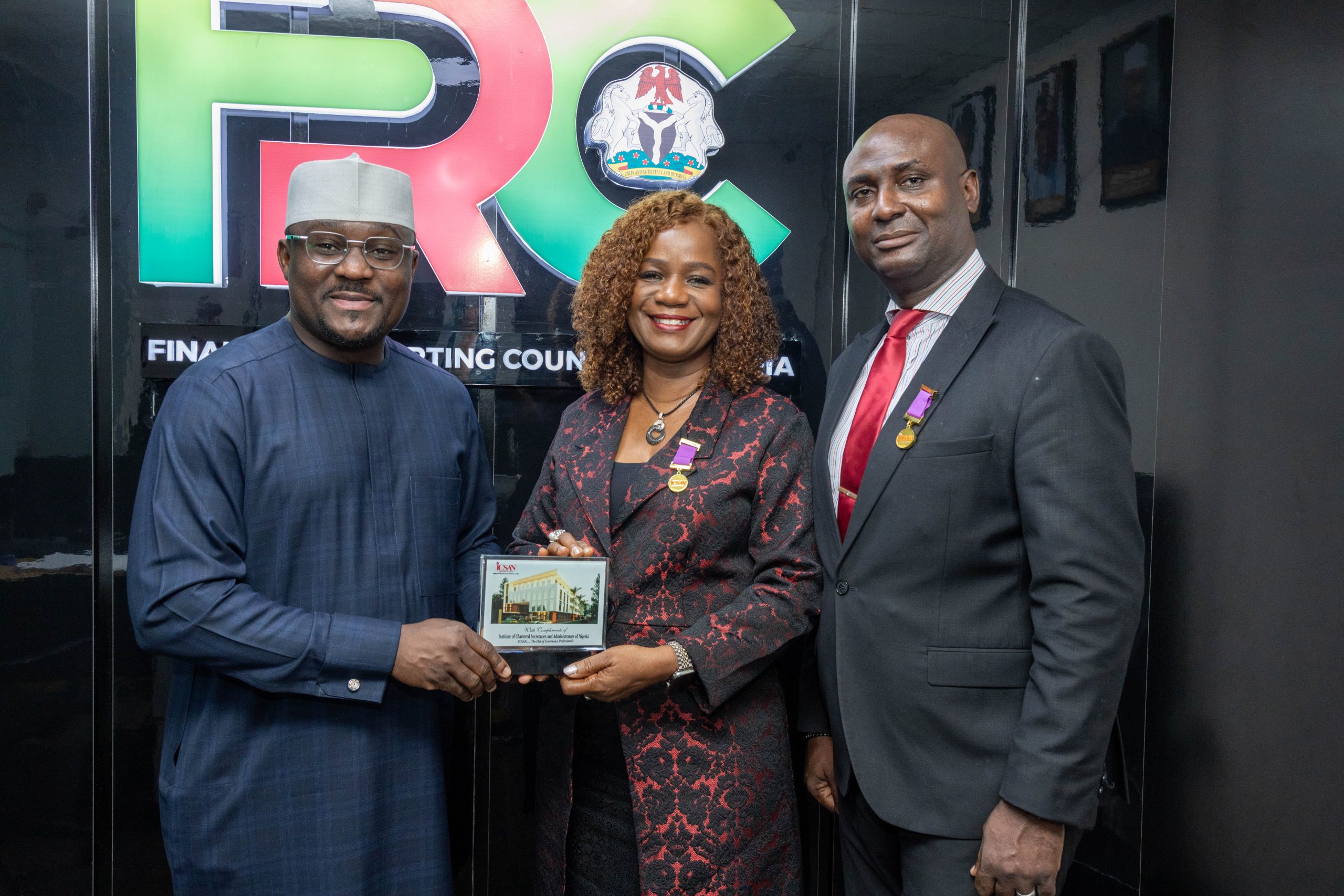
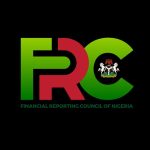

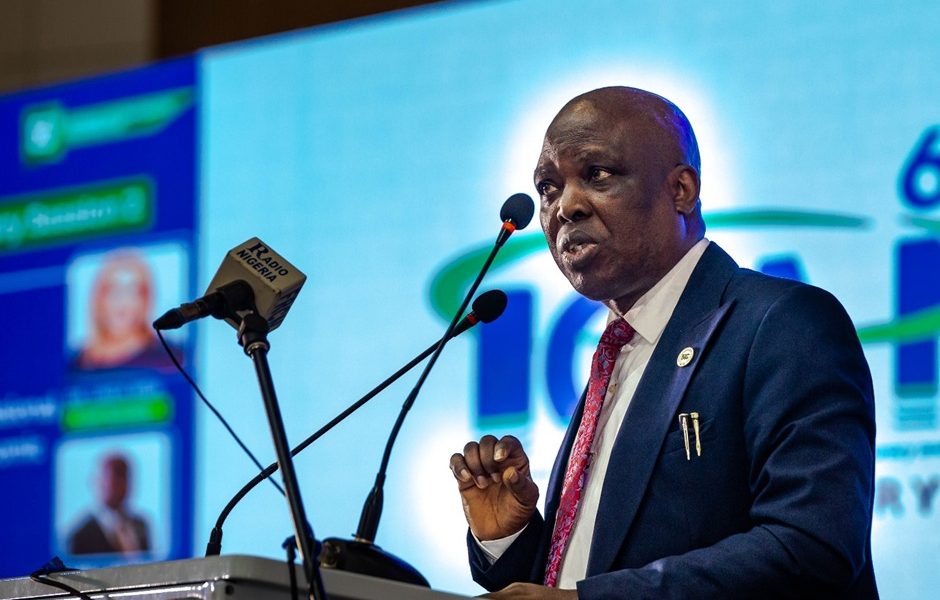
No Comment! Be the first one.